
Global Financial Development Report 2013
Rethinking the Role of the State in Finance
Read or listen offline
Amazon KindleRecommendation
In the time since the global economic crisis began, much debate has centered on the role of government in the financial sector, but many of these discussions tend to veer off into political and ideological territories. Researchers at the World Bank take an evidence-based approach to the subject, relying on academic studies, field experiments and multicountry surveys to assess, from a developmental standpoint, the successes and failures of government intervention in national economies. While the World Bank’s focus tends to be on developing nations, its analysts and experts juxtapose their primary research with data on developed economies to provide an overall picture. The report is more descriptive than prescriptive, but it concludes that government does work – at specific stages of economic development, for certain lengths of time, and in measured, thoughtful ways. getAbstract recommends this scholarly treatise to policy makers, economists, and students of finance and economic development.
Summary
About the Author
Established in 1944, the World Bank provides financial and technical assistance to developing countries. It works with member nations to fight global poverty.







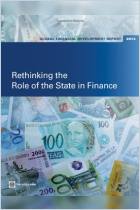
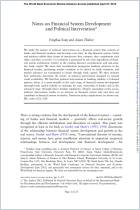
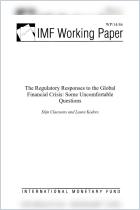

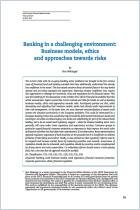
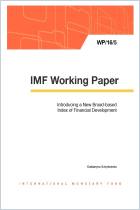



Comment on this summary or Начать обсуждение